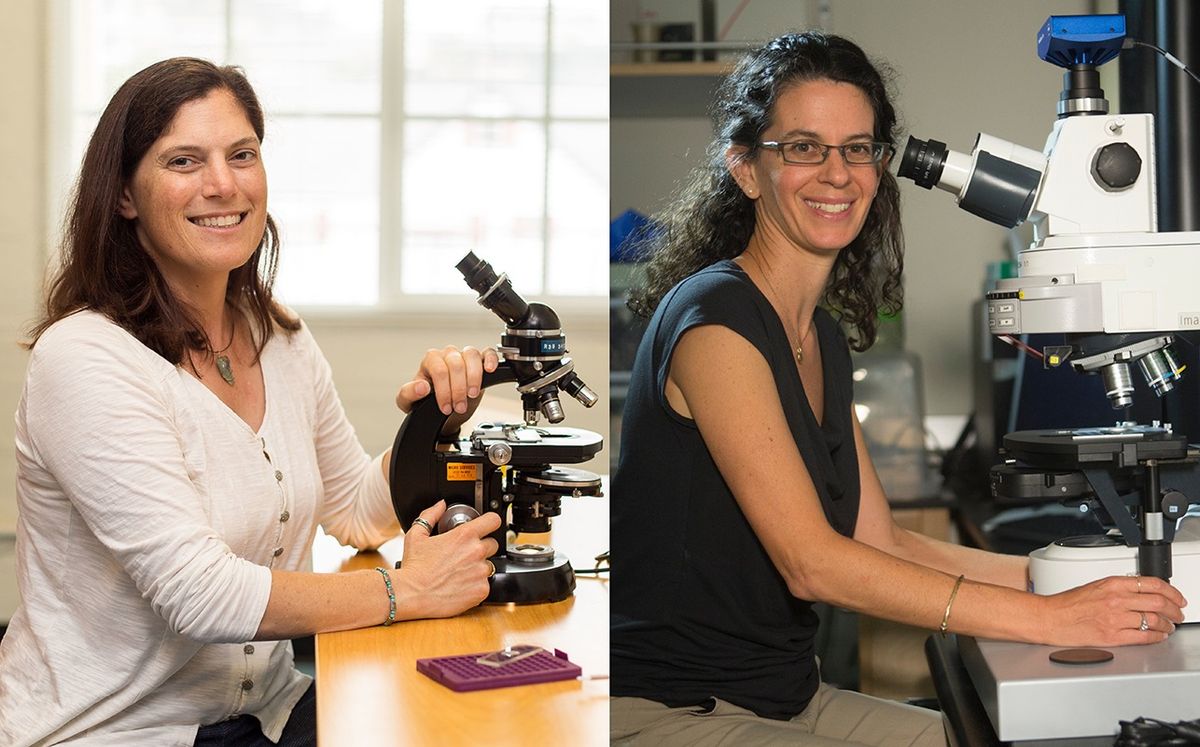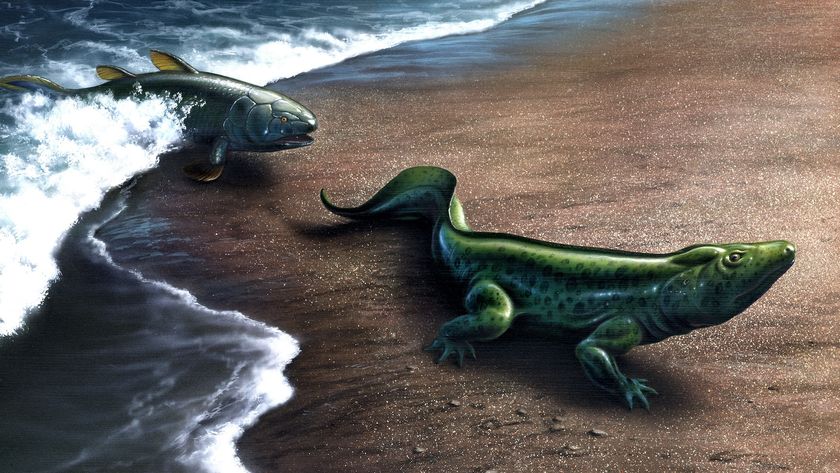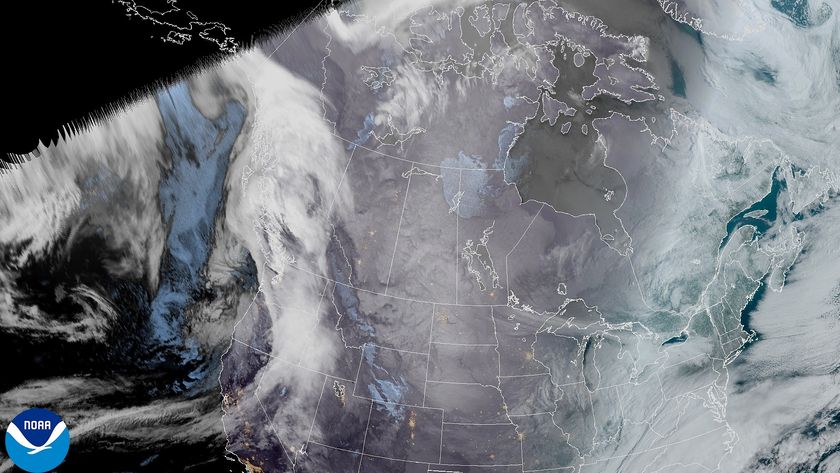Biologists Receive 2016 MacArthur 'Genius Grants'

Two biologists have been honored with MacArthur "Genius Grants," the MacArthur Foundation announced today (Sept. 22).
Both biologist honorees hail from the California Institute of Technology (Caltech): Dianne Newman is a microbiologist and a professor of biology and geobiology with the Division of Biology and Biological Engineering; and honoree Victoria Orphan is a geobiologist and a professor of environmental science and geobiology with the Division of Geological and Planetary Sciences.
The MacArthur "Class of 2016" list of 23 fellows represents exceptional achievements in the sciences and arts, as well as in the advancement of human rights and advocacy for social change. [Genius: Can Anyone Be One?]
Newman studies microbes — how they evolved from their earliest days on Earth, how they interact with their habitats, and how they have adapted to live in diverse environments, not just on the planet, but also inside humans, according to a MacArthur Foundation statement.
By researching the biology of ancient bacteria, Newman has discovered clues about how modern microbial communities live, and how their lives can affect human health. Her investigations of bacterial adaptations to oxygen-poor environments could inform scientists' understanding of harmful microbes that multiply and thrive in the human body, such as a particular type of drug-resistant bacteria that grows in the lungs of people affected by cystic fibrosis.
Orphan also works with microbes, focusing on those that inhabit extreme environments, such as deep-sea organisms that consume methane — a greenhouse gas — rather than oxygen to survive. The MacArthur Foundation statement described these types of microbes as extremely difficult to grow and study in a lab, explaining that Orphan had pioneered methods to enable their analysis, not only as individual cells but in their interactions with other types of microorganisms that share their habitats.
Unraveling the mechanisms used by these bacteria in the ocean as they process methane could shed light on the complex interplay between Earth's oceans and its climate, and could play a critical role in determining new strategies for addressing climate change.
Sign up for the Live Science daily newsletter now
Get the world’s most fascinating discoveries delivered straight to your inbox.
Other MacArthur fellows this year include innovators in medicine and chemistry as well as historians, computer scientists, writers and visual artists.
Between 20 and 30 fellows are selected by the MacArthur Foundation each year and receive a no-strings-attached grant in the amount of $625,000, to assist them in the pursuit of their creative and demonstrably important work with no further obligations expected, according to the foundation's website.
Original article on Live Science.

Mindy Weisberger is an editor at Scholastic and a former Live Science channel editor and senior writer. She has reported on general science, covering climate change, paleontology, biology and space. Mindy studied film at Columbia University; prior to Live Science she produced, wrote and directed media for the American Museum of Natural History in New York City. Her videos about dinosaurs, astrophysics, biodiversity and evolution appear in museums and science centers worldwide, earning awards such as the CINE Golden Eagle and the Communicator Award of Excellence. Her writing has also appeared in Scientific American, The Washington Post and How It Works Magazine. Her book "Rise of the Zombie Bugs: The Surprising Science of Parasitic Mind Control" will be published in spring 2025 by Johns Hopkins University Press.
Most Popular




